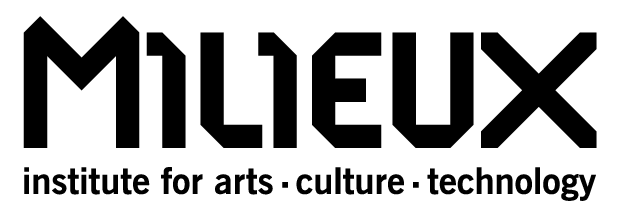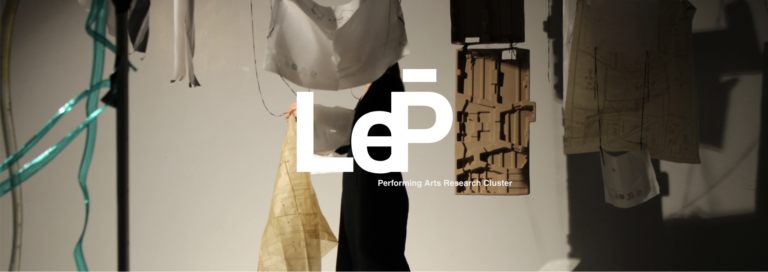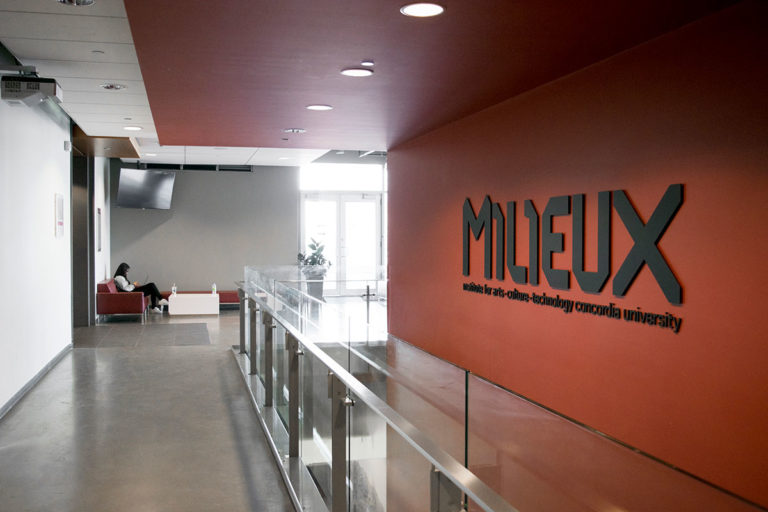
This summer, Dr. Darren Wershler, the Acting director of the Centre for Technoculture, Art and Games (TAG) at Milieux Institute and professor in the faculty of Arts and Science, will be leading a two-week three (3) credit course on interdisciplinary research at Concordia University. The course will be co-taught with guest faculty Dr. Lai-Tze Fan, Canada Research Chair in Technology and Social Change (Tier 2 SSHRC) and Director of the U&AI Lab at University of Waterloo, and will introduce students to a range of contemporary critical and philosophical approaches to interdisciplinary research.
Students from diverse academic and experiential backgrounds are encouraged to apply. All are welcome, and no particular technical knowledge is necessary. Guest lectures (to be confirmed) will include talks by Steven J. Jackson, Associate Professor in the Department of Information Science and Department of Science and Technology Studies at Cornell University; and Phil Reilly from Right to Repair.
Mess and Method offers students the chance to experience a different way of learning by switching the typical classroom for a unconventional model where faculty and teaching team debate and collaborate together. If you’re curious about last year’s edition, make sure to read this great article by PhD student Kristen Lewis!
Milieux Summer Institute: Mess and Method, a reflection
ENGL 602: Mess and Method – Maintenance, Repair and Sustainability Edition, 2024
“There are in fact no [masses] methods. There are only ways of seeing [people] studies as [masses] methods.”
— Raymond Williams, “Culture is Ordinary,” as edited by Jonathan Sterne
This course will introduce students to a range of contemporary critical and philosophical approaches to interdisciplinary research whose focus is contextual, material and discursive rather than textual and hermeneutic.
The purpose of “Mess and Method” is to encourage students to think about culture in terms of a set of interrelated concepts such as: controversies and messes, articulations, assemblages and networks, materiality, practices and techniques, parallax and incommensurabilities. Many of the texts we’ll be looking at consider some or all of these concepts simultaneously, but they each have their particular strengths.
In this particular instance of the course, our focus will be on the practices and techniques of maintenance, repair, and sustainability. Drawing on readings from across the disciplines, we will be considering how incorporating such practices into our scholarly work requires us to move beyond the comforts of individual expertise and into a kind of collective engagement that Steven J. Jackson calls “broken world methodology” in his influential work, “Rethinking Repair” (a central text for the course).
Program Details:
The course will take place from May 21-24th online, 2024 and May 27-31 at the Milieux Institute.
May 21-24th [online]: The first week will occur as an online seminar, and will provide the theoretical context for the practical work during week 2.
May 27-31th [Milieux Institute]: The second week will consist of in-person (mandatory) team-based work in the Milieux Institute on a series of projects to be determined in the first week. The course concludes with a colloquium in which we will share our research with each other in the form of brief presentations.
All are welcome to apply. The working assumption of the course is that we will all bring different competencies and different weaknesses along with us, which is why the course emphasizes group work and collective thinking.
Registration:
- To enrol, please contact Liz Burgess, the Graduate program Director at the Concordia Department of English, at grad.english@concordia.ca.
- For more information, contact Darren Wershler d.wershler@concordia.ca.
Darren Wershler specializes in media history and media archaeology, with a particular interest in the material culture of analog and early digital technologies. His current research occurs at the Residual Media Depot (RMD), a research and teaching collection associated with the Media History Research Centre (MHRC) in the Milieux Institute at Concordia University. The focus of the Residual Media Depot’s collection is early video game consoles (1972-2002), and modified versions of those consoles.
Lai-Tze Fan, is the Canada Research Chair in Technology and Social Change (SSHRC Tier 2), Assistant Professor of Technology & Social Change and Director of the U&AI Lab at University of Waterloo. Her research seeks to intervene in biased technological design and to heighten technological literacy. She’s an active member of the international electronic literature community, using theories in narrative, critical design, and critical code studies to analyze texts as well as create them in interactive formats such as generative poetry and VR storytelling.



